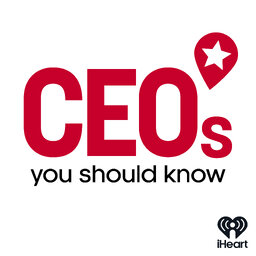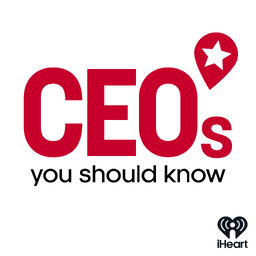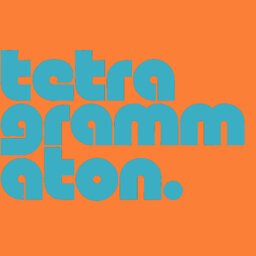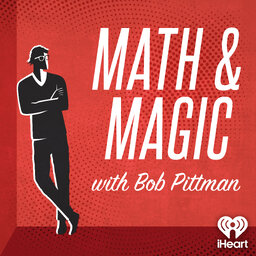Kenneth Feld: “People make an organization.”
Audiences love a spectacle, and Kenneth Feld knows better than anyone how true this is. As the Chairman and CEO of Feld Entertainment, he’s an acclaimed visionary when it comes to live, family friendly theatrics. He took over the business from his father, who founded it back in 1967 when he discovered the Ringling Bros. and Barnum & Bailey. Kenneth sat down with Bob to describe how he maintains the company’s core principles, from valuing families above all else to championing live entertainment as a way of bringing people together–even during a global pandemic.
Math & Magic: Stories from the Frontiers of Marketing with Bob Pittman
How do the smartest marketers and business entrepreneurs cut through the noise? And how do they mana…Social links
Follow podcast
Recent clips

CEOs You Should Know: Chon Nguyen, CEO of Newgentek
11:06

CEOs You Should Know: Avani Desai, CEO of Schellman
10:48

Listen to Bob on Tetragrammaton with Rick Rubin
16:35
 Math & Magic: Stories from the Frontiers of Marketing with Bob Pittman
Math & Magic: Stories from the Frontiers of Marketing with Bob Pittman